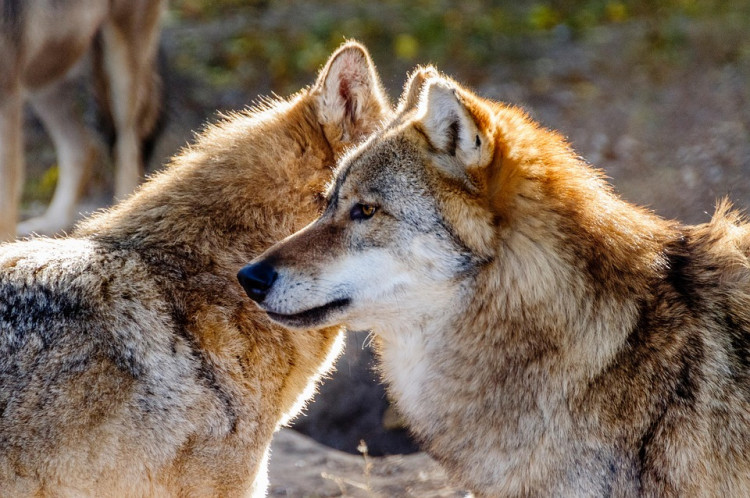Colossal Biosciences has announced the successful cloning and birth of three dire wolf puppies, positioning the Dallas-based biotechnology firm as the first to achieve de-extinction of a long-lost species. The pups, born through gene editing and interspecies surrogacy, mark a milestone in synthetic biology and animal conservation as Colossal intensifies efforts to revive Ice Age-era animals, including the woolly mammoth and dodo.
"Our team took DNA from a 13,000-year-old tooth and a 72,000-year-old skull and made healthy dire wolf puppies," said Ben Lamm, Colossal's cofounder and CEO, in a statement Monday. "This massive milestone is the first of many coming examples demonstrating that our end-to-end de-extinction technology stack works."
The dire wolves-two males born in October and one female born in January-were engineered from gray wolf DNA modified to include 20 edits across 14 genes. These edits recreated phenotypic traits like longer fur, larger size, and distinct coat coloring, characteristics associated with Aenocyon dirus, the extinct species that once roamed prehistoric North America.
Colossal scientists extracted ancient DNA from fossils: a 13,000-year-old tooth discovered in Ohio and a 72,000-year-old skull from Idaho. Using CRISPR gene editing, the team replaced gray wolf genetic material with dire wolf-specific variants. The altered cells were cloned and gestated by large, mixed-breed domestic dogs acting as surrogates.
"Their coat is just absolutely amazing. It's super thick," Lamm told USA Today. He added that while the pups are genetically 99.9% gray wolf, the modifications make them resemble dire wolves "more than anything we've seen in the last 13,000 years."
The pups-named Romulus, Remus, and Khaleesi-are housed in a secure 2,000-acre facility outfitted with "zoo-grade" fencing, drone surveillance, and real-time monitoring. The site is certified by the American Humane Society and registered with the U.S. Department of Agriculture.
Love Dalén, professor of evolutionary genomics at the Centre for Palaeogenetics in Stockholm and an adviser to Colossal, noted: "It carries dire wolf genes, and these genes make it look more like a dire wolf than anything we've seen in the last 13,000 years. And that is very cool."
Colossal has raised at least $435 million since its 2021 founding by Lamm and Harvard geneticist George Church. Backed by investors including Peter Jackson and Tom Brady, the firm is also applying its tools to endangered species. Recent breakthroughs include two litters of cloned red wolves-America's most critically endangered canid-developed using techniques refined during the dire wolf project.
Elinor Karlsson, director of vertebrate genomics at the Broad Institute of Harvard and MIT, called the work "a very, very big step." She added, "Colossal produced healthy puppies with genetic variants that haven't existed for over 10,000 years... Their work could will help us preserve genetic diversity that is on the brink of disappearing from earth today."
Beth Shapiro, Colossal's chief science officer, emphasized the ethical rigor underpinning the project. "We weren't just focused on whether we could. We've now proven we can," she said. "We have to keep in mind and understand that there is an incredible risk in the decision not to use these technologies."
The project also carries cultural significance. Tribal leaders from the Mandan, Hidatsa, and Arikara Nation in North Dakota, who met with Colossal to discuss bison and wolf conservation, welcomed the dire wolf's symbolic return. "Its presence would remind us of our responsibility as stewards of the Earth," said Tribal Chairman Mark Fox in a statement.
Colossal has not announced plans to release the dire wolves into the wild. However, it hopes the techniques used in their creation will advance other conservation efforts. "We could build technologies to help wolves... and do something that the indigenous people were really excited about," said Lamm. "We kind of joke that we didn't pursue the dire wolf; in a weird way it pursued us."
While skeptics have raised concerns about the ecological role of de-extinct species, Christopher Preston, professor of environmental philosophy at the University of Montana, acknowledged the company's precautions. "Colossal have taken thoughtful precautions to screen against any unintended genetic consequences of their edits," he said.






